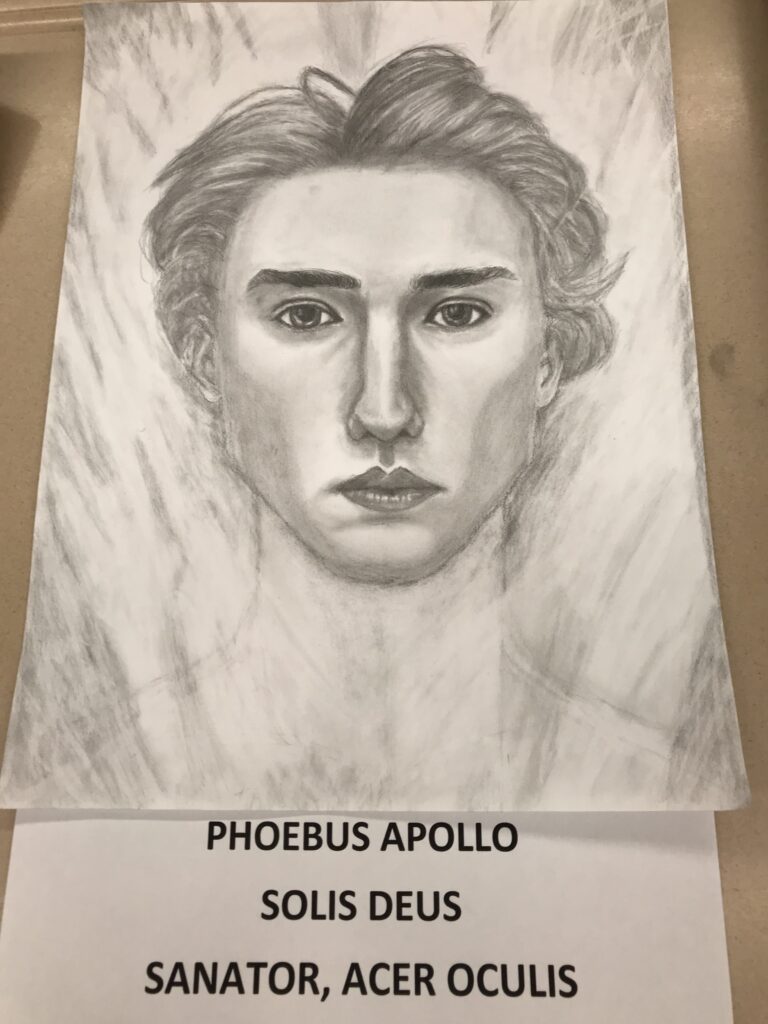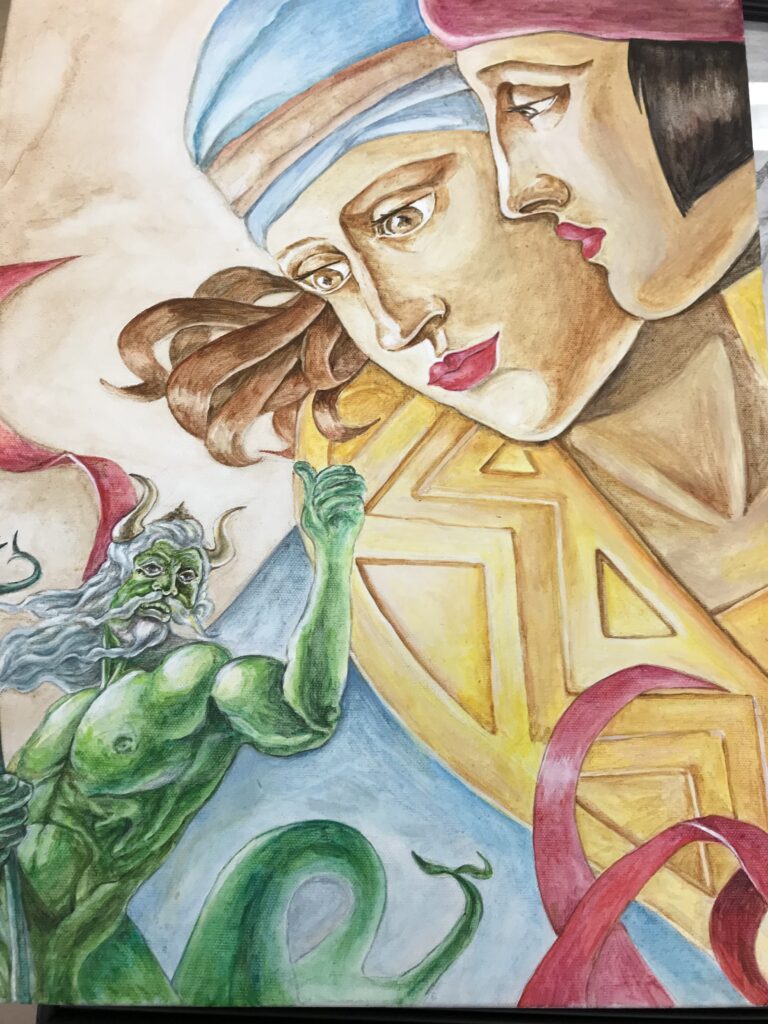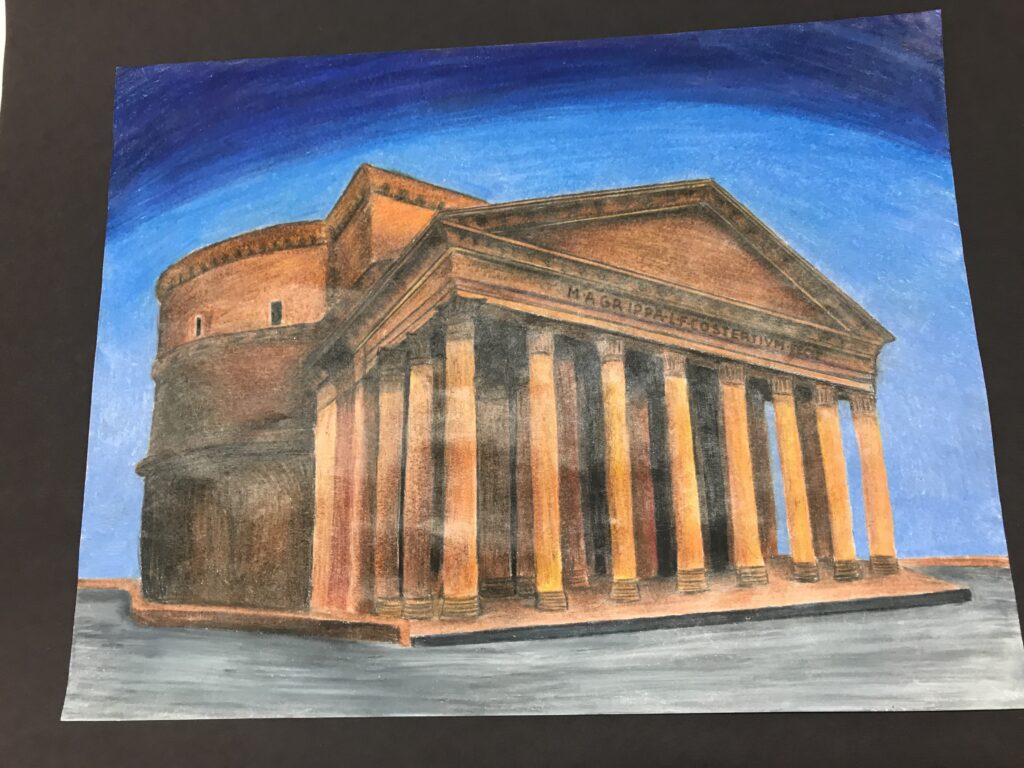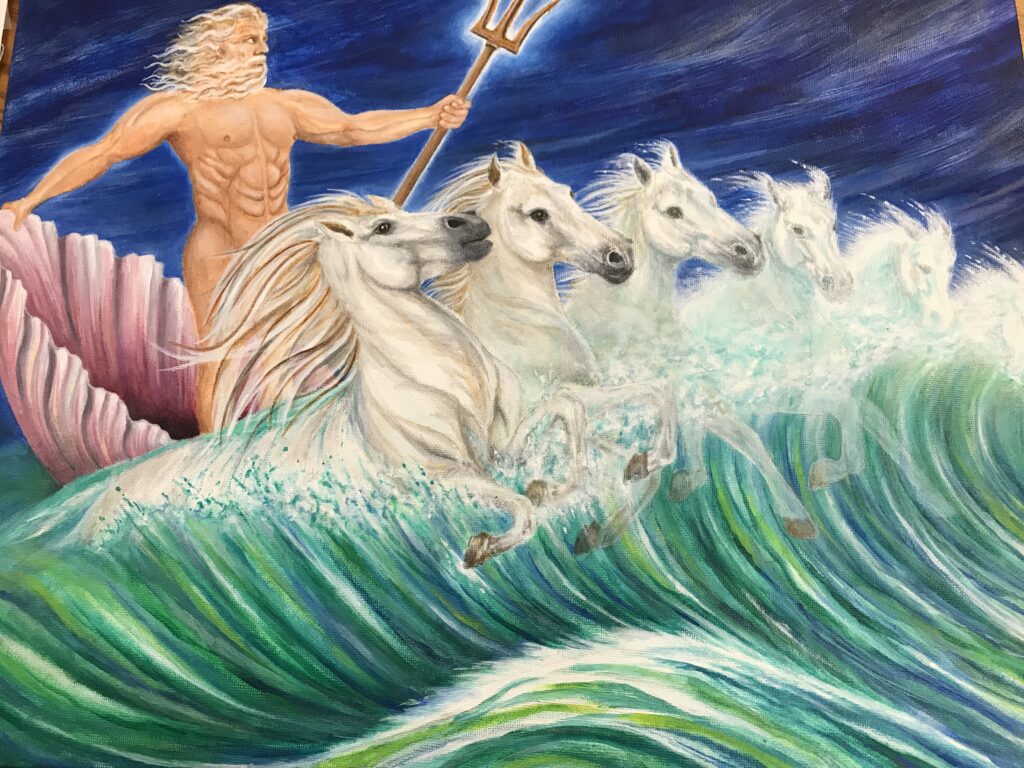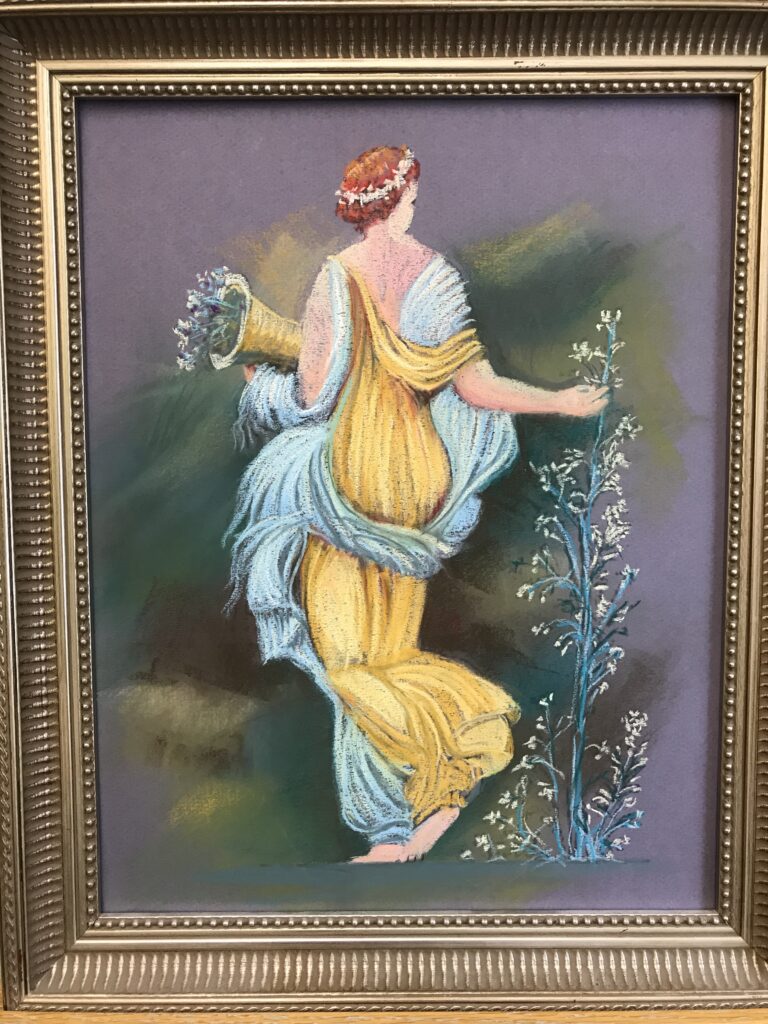When: July 10 – September 9, 2023
Where: RYAN LEE (515 W 26th St, 3rd Fl, New York, NY 10001)
Website: https://artinamericaguide.com/event/emma-amos-classical-legacies/
RYAN LEE is pleased to announce Emma Amos: Classical Legacies, an exhibition of three paintings, six prints, and one cycle of epic monoprints by Emma Amos. The fourth solo presentation of Amos’s work—and sixth overall—at the gallery, the exhibition will focus on the classicist influence on Amos’s œuvre, a fresh take on her substantial body of work.
The exhibition will feature works ranging from 1966 to 2001 that demonstrate Amos’s longstanding interest in the antiquities. Amos would visit Rome as a child with her family, and her early exposure to Roman ruins and epics translated in her work, in which she frequently explored themes of longevity and deep histories within shifting times. Across the works presented at RYAN LEE this summer, Amos displays her deep interest in history, longevity and memory. By implementing themes from Greek and Roman antiquity in her work, Amos marries the wide and converging interests that informed her art for decades and reflected the breadth of her culture. Her incorporation of the ancient West in her work coopted the built-in pedigree connoted with these motifs, which she claimed as her own by right.
This will be the first time that Amos’s landmark Odyssey prints will be exhibited to the public in twenty years. Valerie J. Mercer wrote in an essay accompanying Amos’s major 1995 exhibition Emma Amos: Paintings and Prints, 1982-1992: “Because of the monumental scale of the prints, Odyssey can take up the spaces of a whole room when it is shown. The series focused on 100 years of the history of the artist’s family in Atlanta, from the period shortly after slavery up to the 1960s. It was inspired by the splendid collection of family photographs belonging to Amos’s parents and represents pride in her family and in their achievements.”
The exhibition starts with Pompeii, made in 1960: a pivotal year for Amos. This marks her departure from her hometown of Atlanta for New York City, which is coincidentally the event that later capped her landmark, 10-panel Odyssey (1988). Equipped with the etching skills she learned at the Central School of Art in London, Pompeii exemplifies Amos’s early interest in rooting her works in ancient traditions.
This interest resurfaces with her important Falling Figures paintings: a series that reverberates with anxiety, which Amos described as a response to a sense of “the impending loss of history, place, and people” among African Americans. This important work is capped by the monumental Flying Circus, in which Amos’s multi-toned figures are catapulted down a gesturally vivid background. Plummeting along with her are a wealth of Greek and Roman references: with the frightful loss of African American stories, along goes the Temple Mount in Jerusalem, the Coliseum, and the Circus Maximus. The resulting composition is an energetic meditation on memory, legends, and dissipating histories.
By incorporating her own weaving and African fabric in her paintings referencing Greek and Roman antiquity, Amos marries her converging interest in Black history and classical literature. In Way Away (1996), ancient Western symbolism becomes Black symbolism as well. Framed by the African fabrics that Amos frequently uses in her work, she carves herself a place within the Western canon: a mixed-race, Black minority within the Western world, she is just as much an inheritor of Homer, Hercules, and Circe as any of her peers.
Inspired by Homer’s epic poem, Odyssey serves as a counterbalance to Amos’s anxious Falling Figures series by unflinchingly inscribing her own family history in the ranks of the legendary. With this series of ten hand-painted monoprints, the artist and her proud Georgian heritage is never to be forgotten.
Emma Amos: Classical Legacies will be accompanied by a fully illustrated catalogue with essays by Michele Valerie Ronnick, Distinguished Professor in the Department of Classical and Modern Languages, Literatures, and Cultures at Wayne State University; and Gabriella Shypula, PhD Candidate in Art History and Criticism at Stony Brook University.


